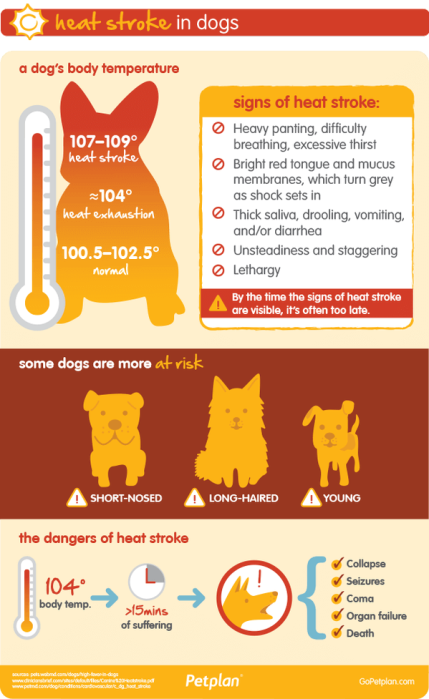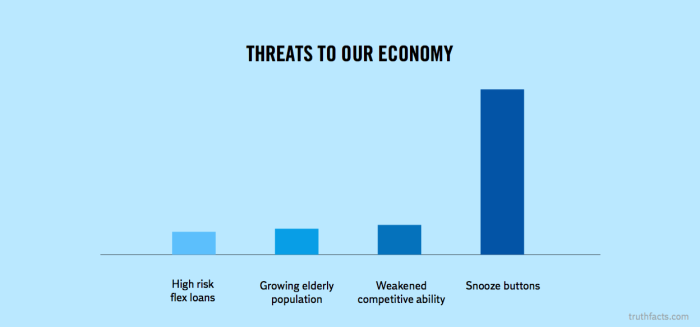Being asked your favorite subject or what sport you love might not mean much to many students in the U.S., but to a refugee student thousands of miles away, they are questions that can bring a sense of normalcy to an otherwise tumultuous existence.
This year, in conjunction with Tuesday’s World Refugee Day, the Cooperative for Assistance and Relief Everywhere, aka CARE, used its Letters of Hope campaign to connect students across the country to their displaced counterparts in Greece.
“The whole thing in general is very touching and heartfelt,” Monica Merlis, director of community partnerships for CARE USA, said. “These students’ letters start with things like, ‘What’s your favorite subject?’ or ‘What’s your favorite sport?’ to ‘I support you’ and ‘You’re brave and strong.’
“Someone wrote, ‘I know every time I look at the sun, I’m seeing the same sun as you,’ so it created some real connectivity there,” she added.
The nationwide initiative, which included students from New York’s Trinity School and Spence School, began last year, when World War II refugees, who were the original beneficiaries when CARE began after the war ended in 1945, wrote to young displaced Syrians.
“They were able to read these letters and connect with someone who went through a similar thing at a similar age and see that they now have families and careers and security and they can have those things and will have those things,” Merlis said.
The recent letters were taken to Greece, which houses roughly 60,000 refugees, and some responses are starting to make their way to the U.S.
“One of the letters that were written back, a 16-year-old Afghani refugee wrote, ‘Sometimes I feel really down, and your letter inspired me to be hopeful,’” Merlis said. “This is an opportunity to touch the humanity of it and give some nourishment for the soul and let them know they’re not alone, we see them, we’re here for you.”
With President Donald Trump trying to ban travelers from mostly Muslim countries and halt refugees from entering the U.S., Letters of Hope is a timely message — and reminder that not all feed into the anti-refugee rhetoric.
“This goes beyond politics. What we really want to do is highlight the humanity and dignity of refugees and the connections that can link people in spite of these extraordinarily disparate circumstances,” Merlis said. “If you look around our country, so many of us might be refugees ourselves, our parents, grandparents, great-grandparents — the same hopes and dreams they had, (refugees) are facing those same things right now, today.”
You can get involved by visiting care.org/lettersofhope to pen your own letter or donate. You can also share support by using #LettersOfHope on social media.
WHAT IS WORLD REFUGEE DAY?
World Refugee Day was founded by the United Nations General Assembly in 2000, with the first observance held on June 20, 2001. According to the U.N., it commemorates “the strength, courage and perseverance of millions of refugees.”
WHAT IS A REFUGEE?
A refugee is a person who flees their home or nation because of “a well-founded fear of persecution because of his/her race, religion, nationality, membership in a particular social group, or political opinion,” the U.N. said.
5 FAST FACTS ABOUT REFUGEES
According to the U.N. Refugee Agency, or UNHRC:
• One person flees every three seconds
• There are more than 65 million displaced people worldwide
• Half of those refugees are children
• Half come from Afghanistan, Syria and South Sudan
• Most refugees live in middle- or low-income nations
























